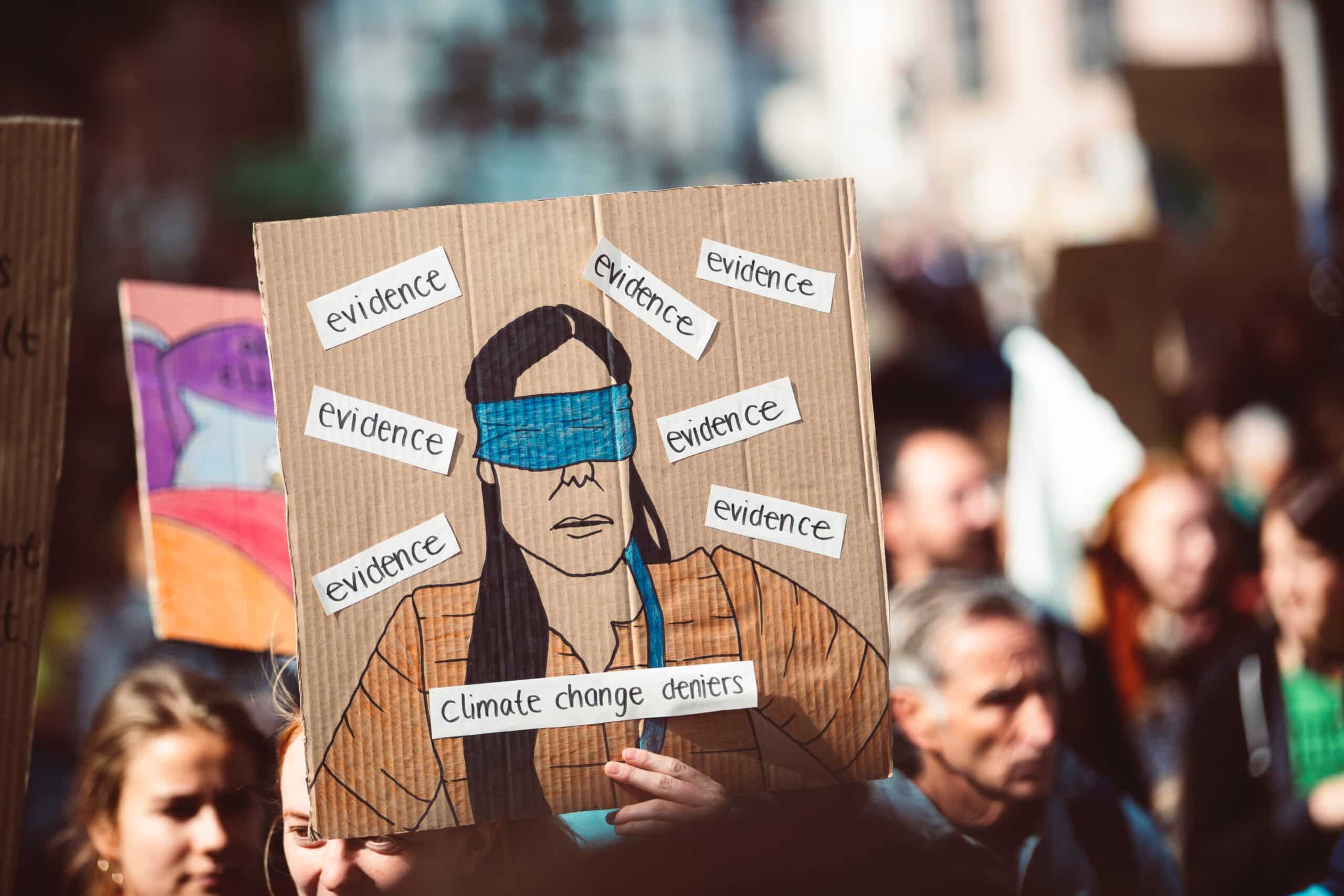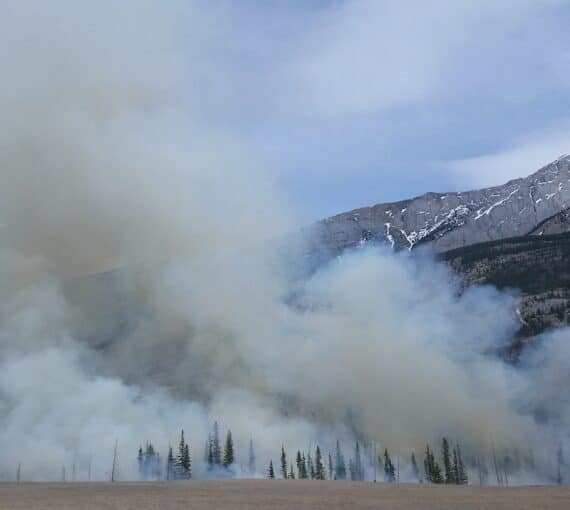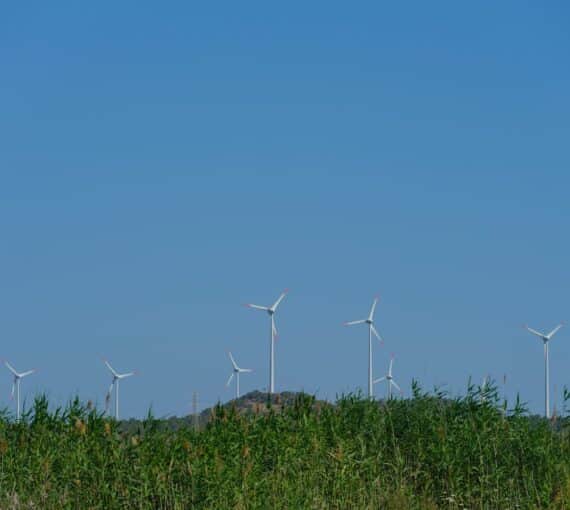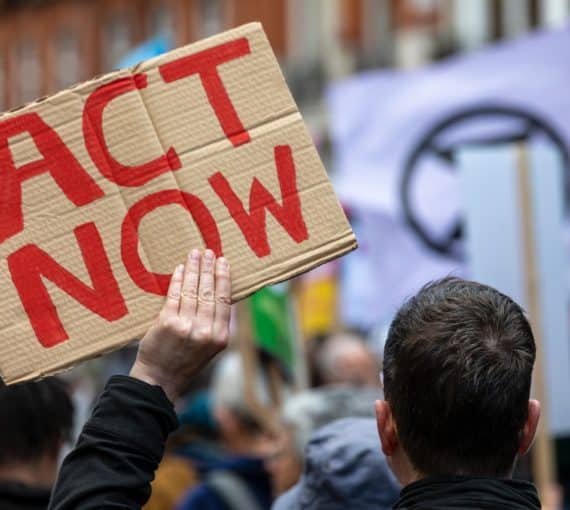
With the massive amount of attention paid to those who reject climate science and push fossil fuels, one would think most Americans are on board with policies like these. That’s not the case... (Photo: Markus Spiske via Pexels)
If you understand that the climate crisis is a serious challenge and believe governments, industry and society should be doing everything possible to address it, you’re not alone. You’re part of a growing majority. After all, who doesn’t want to ensure Earth remains a healthy place to live for generations to come?
People are also becoming more aware of the many benefits that energy efficiency, clean power and nature protection bring — from improving human health to saving money to avoiding volatile coal, oil and gas supplies and prices.
In Canada, a recent poll shows 75 per cent are concerned about climate change, and more than half think governments must do more to address it. But what about the U.S., where many politicians and media outlets attack progressive climate and energy policies as “woke”? Florida governor and presidential candidate Ron DeSantis has even spurned hundreds of millions of dollars in federal grants and tax rebates for residents to make energy efficiency upgrades, and passed a law making it illegal for local governments to ban fossil fuels in favour of clean energy.
In Canada, a recent poll shows 75 per cent are concerned about climate change, and more than half think governments must do more to address it.
With the massive amount of attention paid to those who reject climate science and push fossil fuels, one would think most Americans are on board with policies like these. That’s not the case, according to a study published in Nature Communications. It found that 66 to 80 per cent of people in the U.S. are worried about global heating and support policies to address it, but many don’t realize their numbers are so high: 80 to 90 per cent “in every state and every assessed demographic underestimate support across all policies tested,” believing only 37 to 43 per cent favour them.
The study found one factor in the misperception was “consuming conservative news.” This matters because, as an article in Yale Climate Connections reports, “When people feel alone in their views, they are less likely to take action.” Boston College psychology and neuroscience professor Gregg Sparkman said that’s why it’s important “to voice your concerns about climate change to others, to talk about climate policies that you think are exciting: These kinds of conversations, when done en masse, will help correct this misperception.”
One useful conversation to bring even more people into the majority is about how much money policies that encourage energy efficiency and clean energy will save. The European Union offers a good example.
it’s important “to voice your concerns about climate change to others, to talk about climate policies that you think are exciting: These kinds of conversations, when done en masse, will help correct this misperception.”
When Russia invaded Ukraine, many feared Russian gas would be replaced with even dirtier coal. Instead, EU countries fast-tracked wind and solar installations, displacing “an estimated 230 TWh of expensive fossil fuel generation,” according to the International Energy Agency. That reduced wholesale electricity prices by at least eight per cent, saving electricity consumers about €100 billion, or C$145 billion.
The IEA also reports, “Between January 2021 and August 2022, the average monthly natural gas price increased ten-fold and the price of hard coal quintupled,” whereas, “Long-term contracts secured through policy mechanisms and regulations provide stable prices for most wind and solar PV power generators in Europe, limiting their exposure to volatile electricity prices. They can also help shelter consumers from rising electricity prices.”
Politicians who reject sound climate and energy policies are not only accelerating destruction of Earth’s life-support systems but are also putting wealthy fossil fuel industry donors’ short-term, selfish interests above those of the people they were elected to represent.
Policies and regulations are crucial. A study by the International Institute for Sustainable Development found that “unprecedented volatility and high oil and gas prices” in the wake of the COVID-19 pandemic and Russian invasion brought “windfall profits for global oil and gas producers, including those in Canada.” This has led to a push to expand the industry here.
But, the IISD reports, “Given demand projections, business as usual in the sector is no longer an option. To minimize the risks to dependent workers, communities, and regions, governments must take an active role in overseeing a predicted phase-down of oil and gas production and diversifying the economy.”
Those who profit from the climate crisis and reject sound policies to address it — policies that would benefit most people — are speaking loudly, but their numbers are dwindling.
We’re in the majority. It’s up to us to speak louder.



